Why do so many of us struggle with obedience and authority?
Asked by Doyle Slayton 1 day ago in Sales Techniques, Business Development Open
Your public answer:
“Great question! Especially when the day I find the question is the celebration of Martin Luther King Jr., the hero in America of civil disodedience. King had something in common with one of my other heroes, Thomas More. More defied King Henry VIII, saying he was the king's good servant, but God's first. On an historical basis in the West at least, I look back to Henry's struggle with obedience and authority as a watershed event. His inability to obey and recognize centuries-old authority moved us into a new culture where the individual becomes his or her own authority, unwilling to obey anyone else. One of Henry VIII's advisors was one of the first Englishmen to read Machiavelli's The Prince which provided a semblance of intellectual support for this selfish approach to politics. One hundred or so years later, Rene Descartes took ego-centricism to its depths and changed the way we moderns begin to investigate the world. Descartes methodic doubt is basically the cause of our modern despair. It's where Neitzsche's nihilism comes from that has infected the European culture to its depths. As a result, the struggle is therefore an attempt to keep heads above water. (See first link.) But the consequent subjectivism and relativism is producing a rootless grouping of societies. In the mix, now especially as the world economy flounders, the call of radical terrorists will be seen by some as a call to follow a single destructive message. So long as some of us continue to believe we are the ultimate source of authority and obey no other master, we will all become slaves to the mightiest among us, which is exactly the opposite of what we want but exactly what Henry VIII and other tyrants like him eventually came to demand. Failing an understanding of the true source of obedience and authority, we will likely decline into what Belloc rightly calls "The Servile State" (second link) where we will desparately struggle because of our lack of intellectual roots, our discouraged hearts, our alienated, if not outright sold souls, and our forgotten experience of the sacred in the midst of overwhelming profanity. (See third link.) But at this sort of brink, Martin Luther King Jr. had some telling advice that I quote: - An individual has not started living until he can rise above the narrow confines of his individualistic concerns to the broader concerns of all humanity. -Change does not roll in on the wheels of inevitability, but comes through continuous struggle. And so we must straighten our backs and work for our freedom. A man can't ride you unless your back is bent. - Every man must decide whether he will walk in the light of creative altruism or in the darkness of destructive selfishness. - Have we not come to such an impasse in the modern world that we must love our enemies - or else? The chain reaction of evil - hate begetting hate, wars producing more wars - must be broken, or else we shall be plunged into the dark abyss of annihilation. - History will have to record that the greatest tragedy of this period of social transition was not the strident clamor of the bad people, but the appalling silence of the good people. - I have a dream that one day every valley shall be exalted, every hill and mountain shall be made low, the rough places will be made straight and the glory of the Lord shall be revealed and all flesh shall see it together. -I just want to do God's will. And he's allowed me to go to the mountain. And I've looked over, and I've seen the promised land! I may not get there with you, but I want you to know tonight that we as a people will get to the promised land. - I submit to you that if a man hasn't discovered something that he will die for, he isn't fit to live. Both Martin Luther King Jr. and Thomas More found something to die for. Have we? When we do, we shall be obedient to that person and live under that person's authority.”
for people who want to make better decisions
MOVIES FOR DECISION-MAKERS
Below are the cover images of movies for decision-makers, with clues to better decision-making.
Romero: the significant decision
"I know men and I tell you that Jesus Christ is no mere man. Between Him and every other person in the world there is no possible term of comparison. Alexander, Caesar, Charlemagne, and I have founded empires. But on what did we rest the creation of our genius? Upon force. Jesus Christ founded His empire upon love; and at this hour millions of men would die for Him."
--Napoleon
Decision-making: like climbing ...

a spiral staircase...one step at a time.
John Darrouzet
Special Counsel for Decision-Makers
Links
Followers
Subscribe To
********************* Advertising Disclaimer *********************
NOTE WELL:
Allowing the placement of the ads set out below should not be interpreted to constitute an endorsement or recommendation in any way by Special Counsel for Decision-Making or John Darrouzet of the content or programs referred to therein by the advertisers.
*****************************************************************************************************************************************
Allowing the placement of the ads set out below should not be interpreted to constitute an endorsement or recommendation in any way by Special Counsel for Decision-Making or John Darrouzet of the content or programs referred to therein by the advertisers.
*****************************************************************************************************************************************
*************************** Legal Notice **************************
Decision-Maker's Path (tm) trademark by, and blog content copyright © 2008, John Darrouzet. All rights reserved.
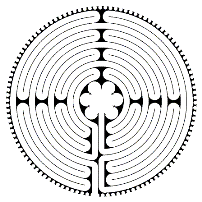

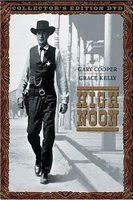





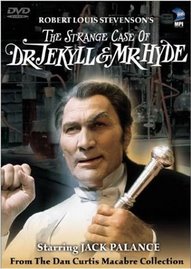
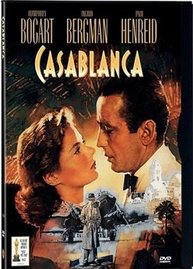
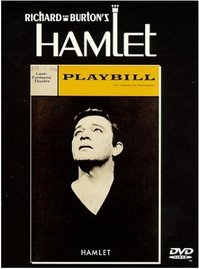
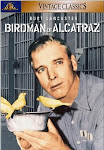
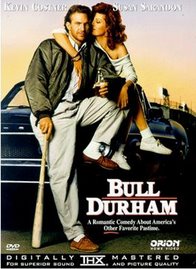
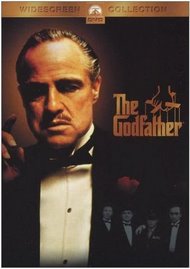






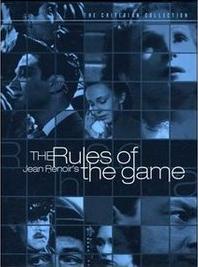

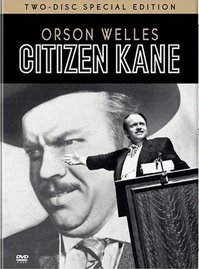


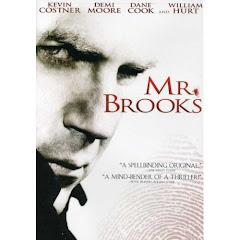




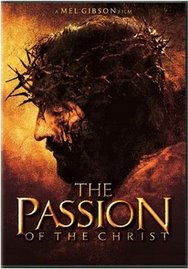






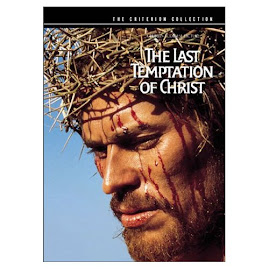
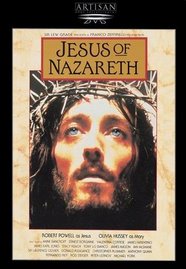
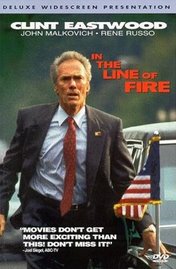


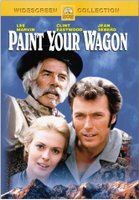
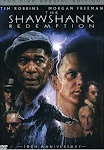






No comments:
Post a Comment